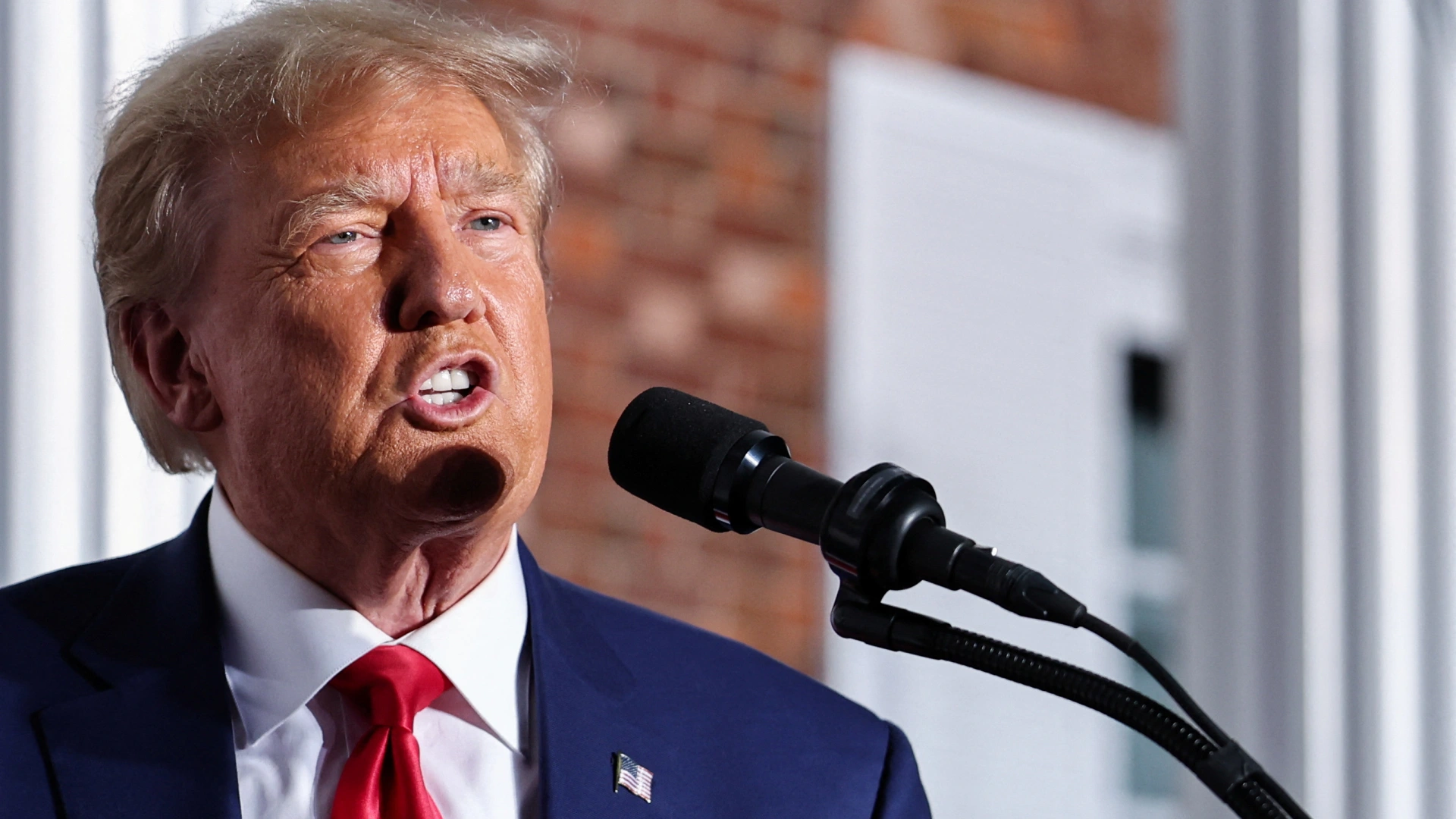Judge Sets Aug. 14 Trial Date for Trump Documents Case – Former President Trump has been assigned an initial trial date of August 14 by a judge in Florida. The trial pertains to the Justice Department’s case regarding his possession of classified documents.
Judge Aileen Cannon, presiding over the courtroom in Fort Pierce, Florida, scheduled the preliminary trial date approximately two months after Trump’s arraignment. In a filing on Tuesday, the judge specified that all pre-trial motions must be submitted by July 24.
It is anticipated that Trump and his legal team will seek to postpone the trial by submitting those motions, thereby making it improbable for the trial to proceed as scheduled on August 14. Last Tuesday, Trump entered a plea of not guilty to 37 charges, as outlined in a DOJ indictment.
People Also Read: Second Trump Defamation Trial Brought by E Jean Carroll set for January 2024
The charges against him include violations of the Espionage Act and obstruction of justice, pertaining to his alleged possession of classified records from his presidency and his refusal to surrender them. Additionally, Trump is facing accusations of document concealment and providing misleading information to investigators.
Special counsel Jack Smith has suggested that Trump’s trial could potentially be concluded within a span of 21 days. However, Trump, who has a track record of successfully delaying numerous civil suits in the past, possesses several options to introduce time-consuming challenges in this particular case.
The case involving the classified documents triggers a separate discovery process under the Classified Information Procedures Act (CIPA). This process includes a provision, specifically Section 5 of the law, which mandates Trump’s legal team to provide an overview of their defense.
“Trump’s team will likely argue that the CIPA Section 5 notice requirement is unconstitutional, because it requires them to give some sort of notice of their defense to the government. That argument has been resoundingly rejected by the courts, but it will still be made by the Trump team,” Brian Greer, a former CIA attorney, previously told a news outlet.
Another probable point of contention will revolve around the admissibility of the silent witness rule, which allows experts to provide generalized testimony about the classified records, avoiding the need for their declassification or public disclosure.
Trump’s legal team is expected to advocate for the declassification of the evidence, with the aim of persuading the DOJ to dismiss certain charges against him. “They will want to put pressure on the government to have to declassify as much information as possible for trial,” Greer said.
“If Trump’s lawyers get the court to rule that any document that he is charged with has to be declassified in order to be used at trial, it might cause the Department of Justice to rethink some charges.” In preparation for the discovery process, Trump’s legal team will additionally have to obtain clearances, which, even with expedited procedures, will inevitably lead to delays.
People Also Read: Donald Trump Charged With Illegal Retention of Classified Documents
The trial date set by Judge Cannon adheres to the defendant’s entitlement to a trial within 70 days of arraignment. However, as Trump’s legal team submits motions that trigger additional deadlines, the trial date will be postponed. Judge Cannon’s order is the second one in the case within a span of two days.
On Monday, federal Magistrate Judge Bruce Reinhart ruled in favor of the DOJ, instructing Trump to abstain from disclosing any evidence pertaining to the trial. Additionally, Reinhart’s order permits Trump to review the classified discovery in the presence of his attorneys, who will supervise the process.




